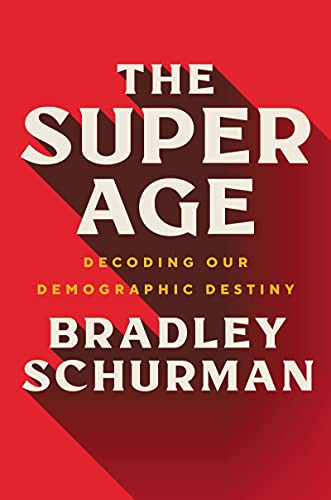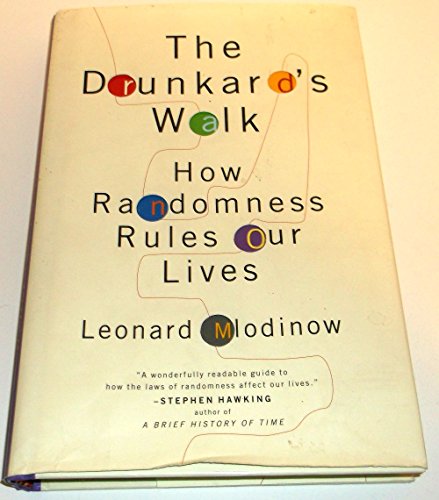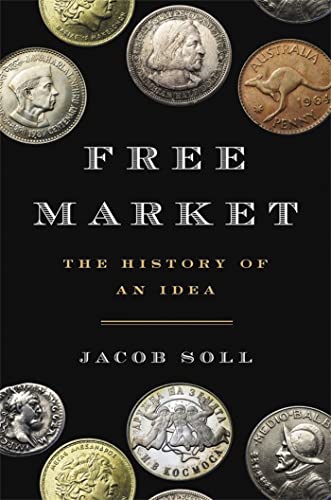
Author: Schurman, Bradley
Price: $14.71
Category:Economics
Publication Date:2022-01-18T00:00:01Z
Pages:272
Binding:Hardcover
ISBN:10:0063048752
ISBN:13:9780063048751
A demographic futurist explains the coming Super Age–when there will be more people older than sixty-five than those younger than eighteen–and explores what it could mean for our collective future. Societies all over the world are getting older; the result of the fact that we are living longer and having fewer children. At some point in the near future, much of the developed world will have at least twenty percent of their national populations over the age of sixty-five. Bradley Schurman calls this the Super Age. Today, Italy, Japan, and Germany have reached the Super Age, and another ten countries went over the tipping point in 2020. Thirty-five countries will be part of this club by the end of this decade. This seismic shift in the population can portend a period of tremendous growth and opportunity–or leave swaths of the population behind. Schurman explains how changing demographics will affect government and business and touch all parts of our lives. Fewer people working and paying income taxes, due to outdated employment and retirement practices, could mean less money feeding popular programs Social Security and Medicare–with greater numbers relying on them. The forced retirement or redundancy of older workers could impact business by possibly creating a shortage of workers, which would likely drive wages up and result in inflation and higher prices. Corporations, too, must rethink their innovation and marketing strategies–older consumers are already purchasing the majority of new cars, but they are a growing and vitally important market for health technologies and housing. Architects and designers must reimagine creating homes and communities that are more inclusive of people of all ages and abilities. If we don’t prepare for the changes to come, Schurman warns, we face economic stagnation, increased isolation of at-risk populations, and accelerated decline of rural communities. Instead, we can plan now to harness the benefits of the Super Age: extended and healthier lives, more generational cooperation at work and home, and new markets and products to explore. The choice is ours to make.






